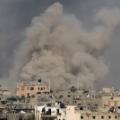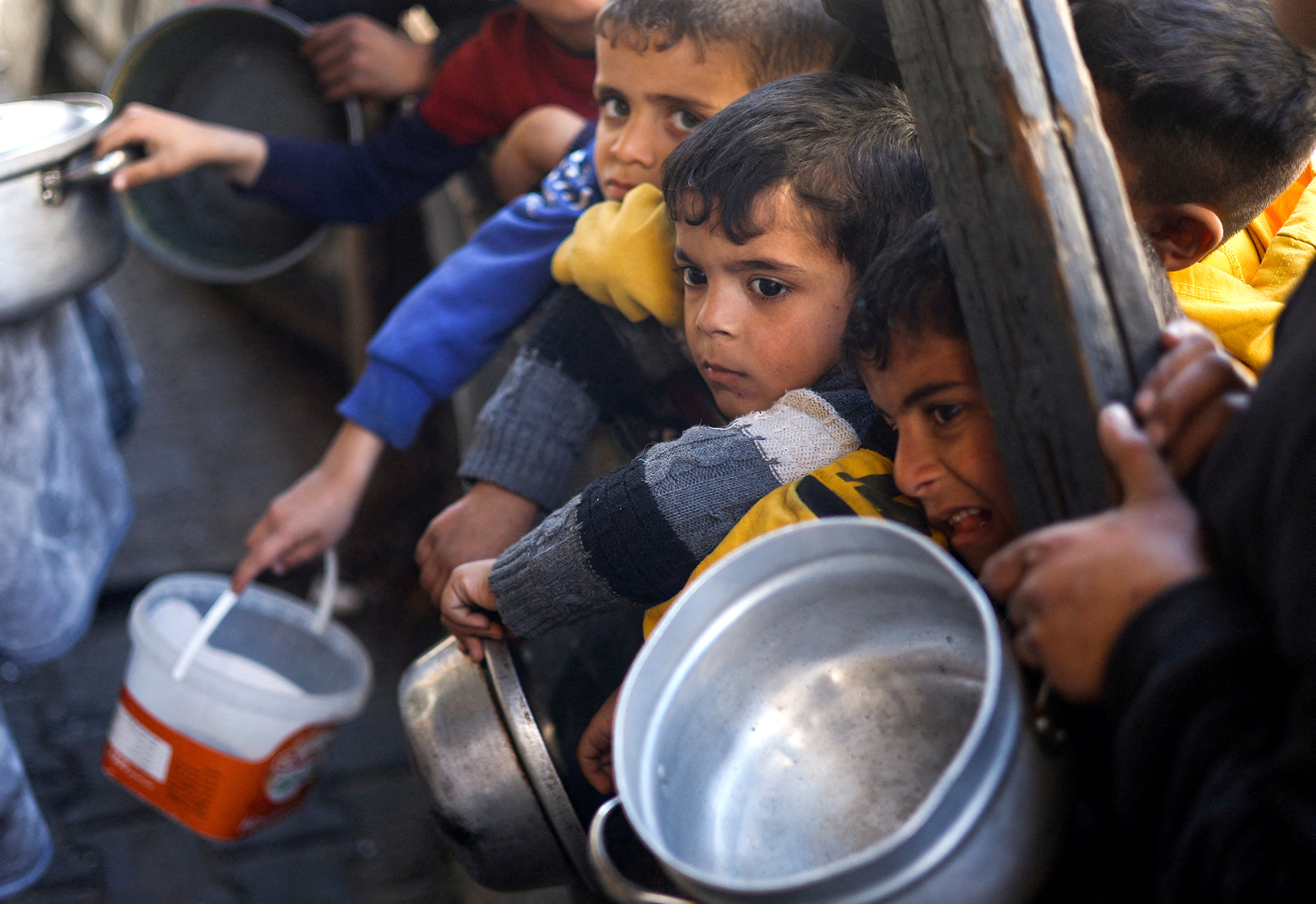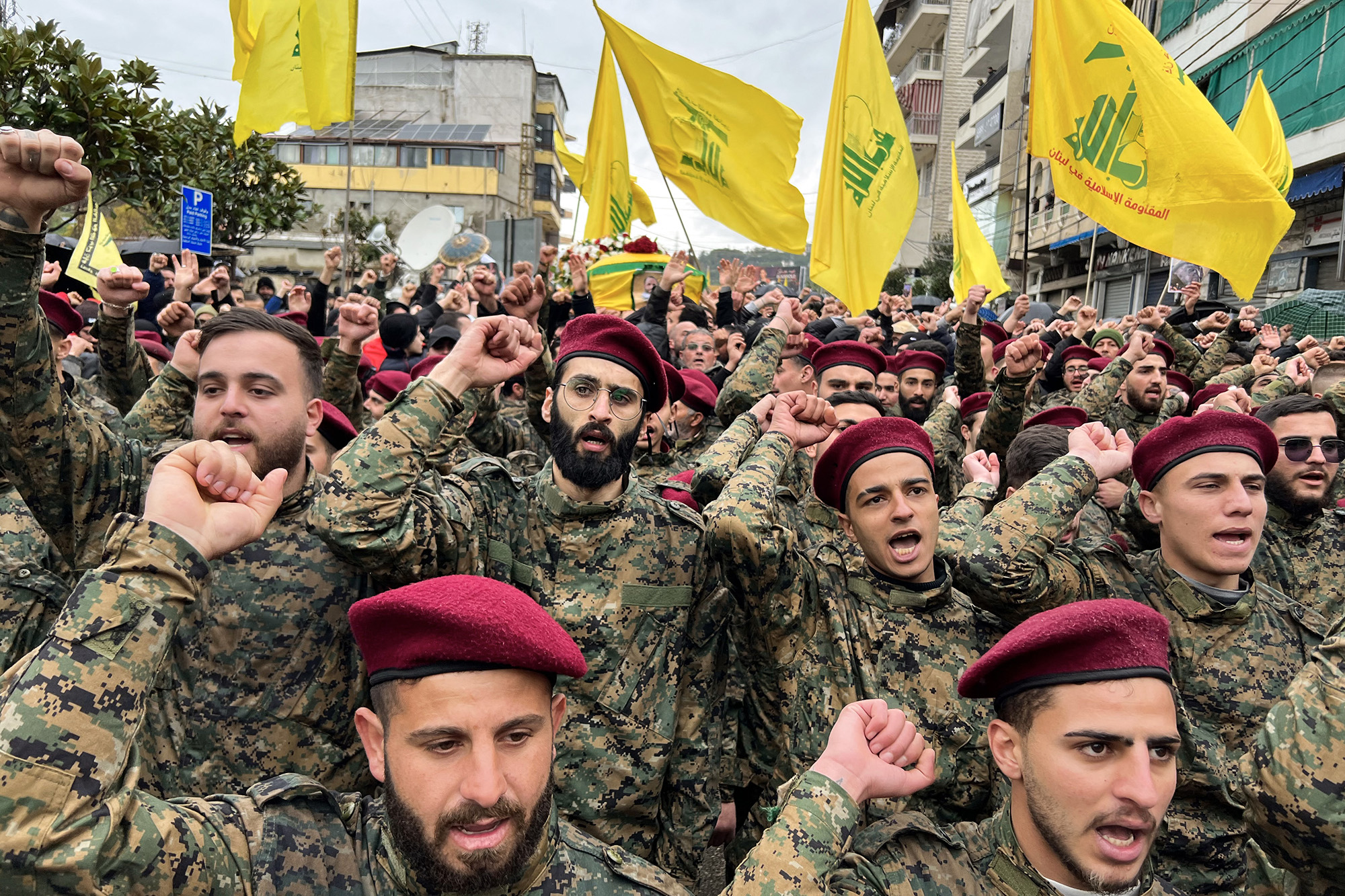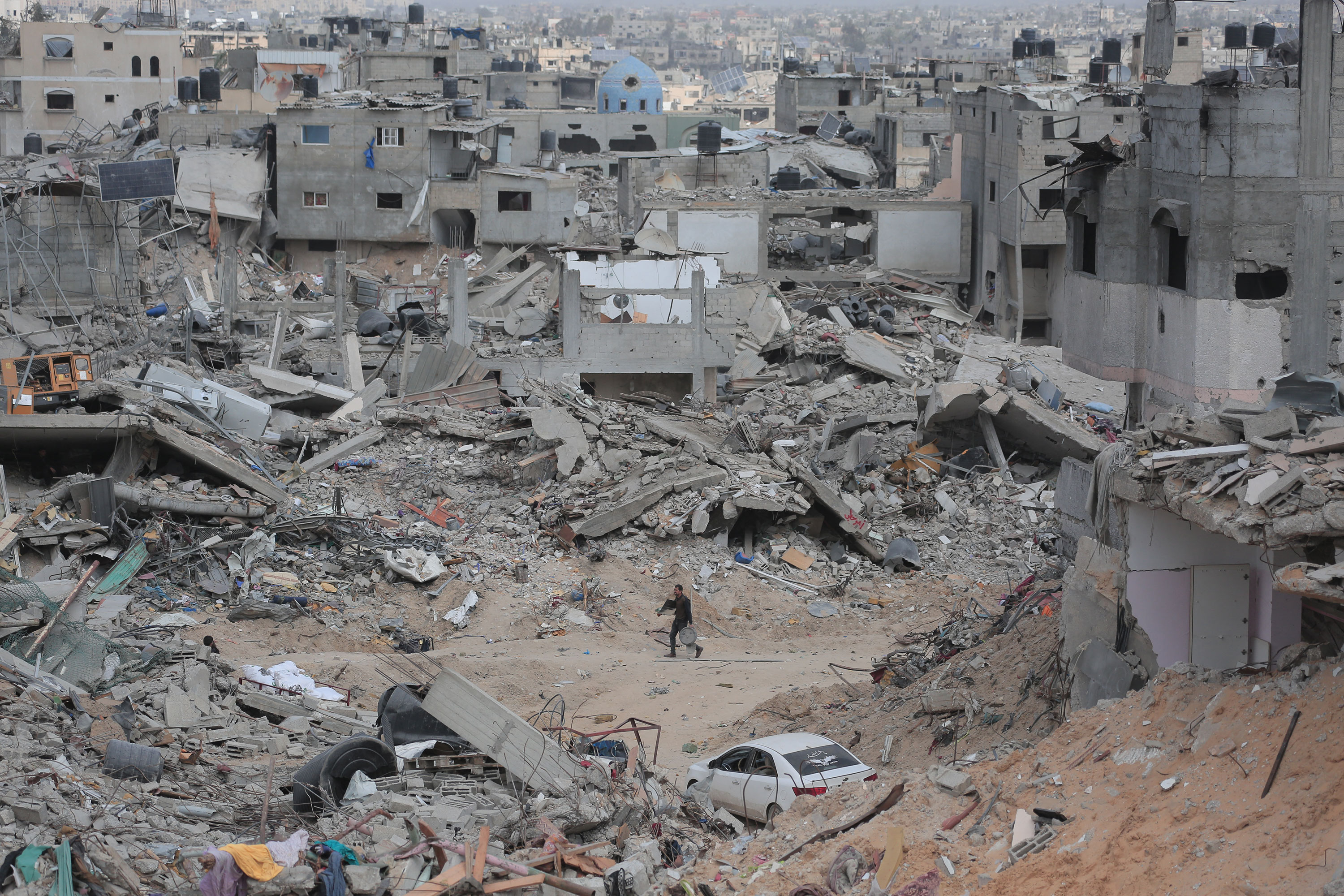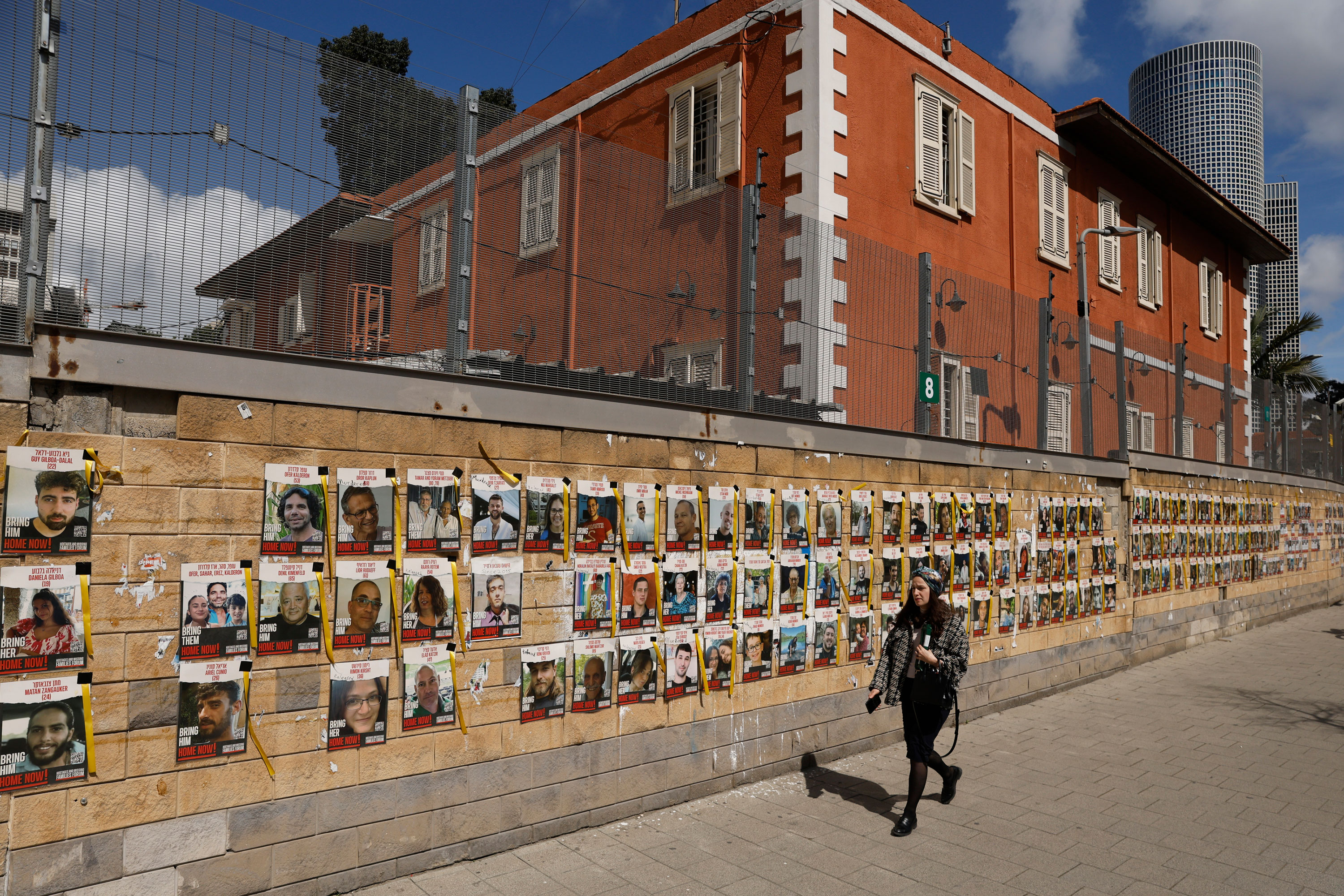Parents in Gaza are being forced to ration food among their starving children, a Palestinian aid worker warned Thursday, as Israel’s siege condemns civilians to severe hunger and officials warn of a deadly surge in child malnutrition.
Some adults in Gaza are subsisting on just one mug of coffee a day, rationing whatever food they have among their children, said Mahmoud Shalabi, who is the senior program manager of the nongovernmental organization Medical Aid for Palestinians.
“That's it, because they prefer to give the food for their children. Whatever they can afford, whatever they can buy, and whatever is available, to their children who are starving,” he said in testimony shared with CNN by the organization.
Shalabi recounted seeing a Gazan father at a market buying chips for his two children.
"I remember him saying, 'This is for your breakfast and lunch, so make sure you calculate your portions properly, because I have nothing left. And this is your food for the day,'" the aid worker said.
"Everybody I know in Gaza Strip has lost weight. The average weight loss ranges between 10 to 15 kilograms (about 22 to 33 pounds). Some people have even exceeded 20 kilograms of weight loss," he continued.
Markets in northern Gaza have nothing but nuts and spices left to sell, according to Shalabi. "We don't have any rice left in the market," he said. "No lentils, no beans — nothing."


